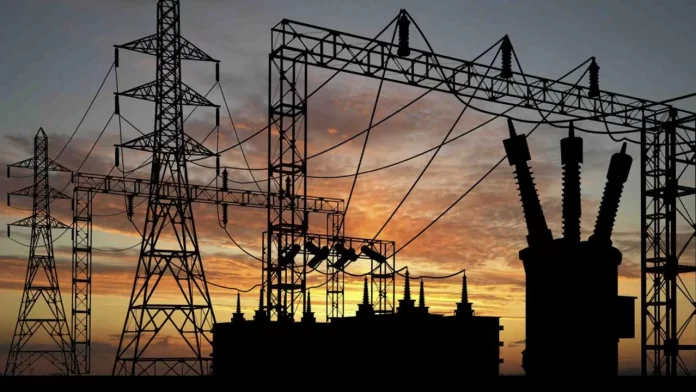The Federal Government is currently discussing a loan funding of $238 million from the Japan International Cooperation Agency (JICA) to expand Nigeria’s national electricity grid network, especially the transmission segment of the power value chain.
This was part of the outcome of deliberations at the just-concluded Ninth Tokyo International Conference on African Development (TICAD 9) in Yokohama, Japan, where the Nigerian delegation was led by President Bola Tinubu, and attended by the Minister of Power, Adebayo Adelabu, and others.
The national delegation held high-level engagements with Japanese stakeholders, including Toshiba, Hitachi, Japan’s Transmission & Distribution Corporation, and Energy Exchange corporations, focusing on transmission infrastructure, operational efficiency, and strategies to reduce system losses.
The proposed loan was built on the recent Federal Executive Council (FEC) approvals for counterpart funding of ₦19 billion to catalyse a loan funding of $238 million from the JICA.
The loan funding will support the expansion of the national grid with the addition of 102.95km of new 330kV double circuit (DC) line, 104.59km of new 132kV double circuit (DC) line, four 330/132/33kV substations, two132/33kv substations, two 330kV line bays extension, two 132kV line bays extension, and one 132kV Substation.
The Minister also announced that Nigeria is advancing a $190 million renewable energy loan facility supported by the JICA, designed to scale distributed renewable energy solutions across underserved communities. This builds on the recently launched $750 million World Bank Distributed Access through Renewable Energy Scale-up (DARES) programme under the Mission 300 Compact, which aims to bring clean and reliable electricity to more than 17 million Nigerians.
In parallel, three substations funded by JICA through a $32 million grant are set for commissioning in Apo (FCT), Keffi (Nasarawa State), and Apapa (Lagos State). The projects will directly strengthen supply reliability to households, businesses, and industrial clusters, including critical facilities such as the Lagos Port and surrounding industrial areas.
In addition, through the partnership with JICA, Adelabu said the National Power Training Institute of Nigeria (NAPTIN) has commissioned a state-of-the-art training equipment in Abuja to strengthen the skills of distribution engineers and tackle network losses.
The facility is designed to deepen local expertise and promote long-term sustainability in sector operations through capacity development, which remains a cornerstone of Nigeria’s power sector strategy.
Speaking during a panel session titled “HICKARE Africa: Harnessing Innovation, Co-creation, and Knowledge for Accessible and Resilient Energy for Africa,” Adelabu highlighted Nigeria’s current energy realities, noting that only about 60 percent of the country’s population of over 200 million has access to electricity, much of which remains unreliable.
He explained that the Federal Government is addressing this gap by expanding grid access in urban areas while simultaneously accelerating off-grid solutions, including solar mini-grids and standalone systems, for rural and peri-urban communities.
Despite persistent challenges such as limited access to affordable capital, cost barriers for rural households, and under-utilisation of productive-use equipment, Adelabu reaffirmed the government’s commitment to overcoming these obstacles through supportive policies, strategic private-sector partnerships, and local manufacturing of renewable energy components.
The Minister expressed deep appreciation to JICA and the Government of Japan for their long-standing support to Nigeria’s power sector, recognising JICA as a reliable partner in advancing the country’s energy transition and expanding access to reliable, affordable, and sustainable electricity.
Speaking at the summit, President Tinubu emphasised that Nigeria’s participation at TICAD 9 was not about trade exhibitions, but about forging strategic, outcome-driven partnerships that would deliver tangible results for the Nigerian people.
He stressed that Nigeria is deliberately shifting from planning to implementation, from agreements to delivery, and from promises to measurable results.






